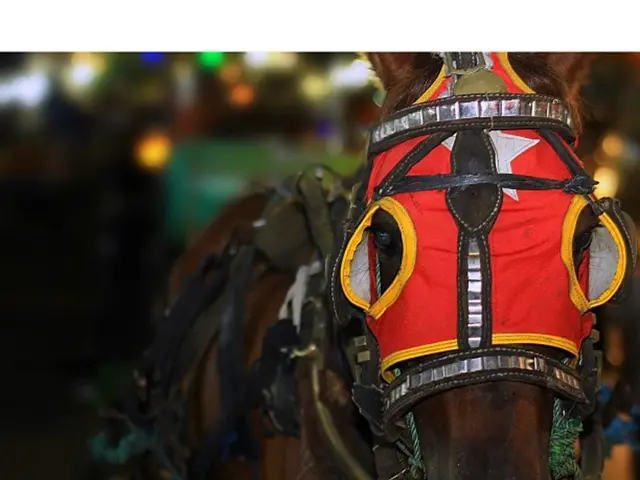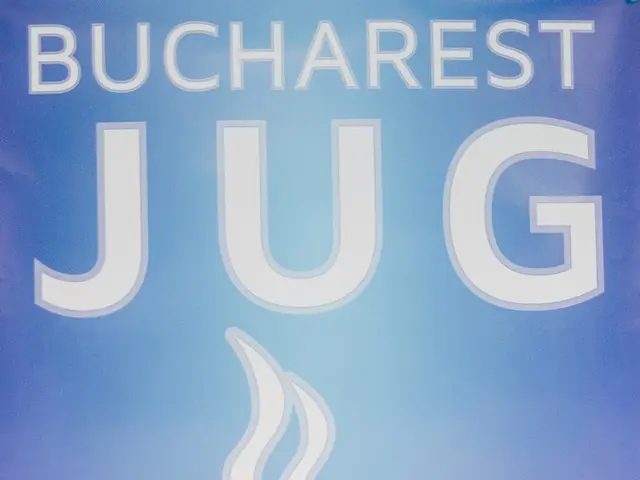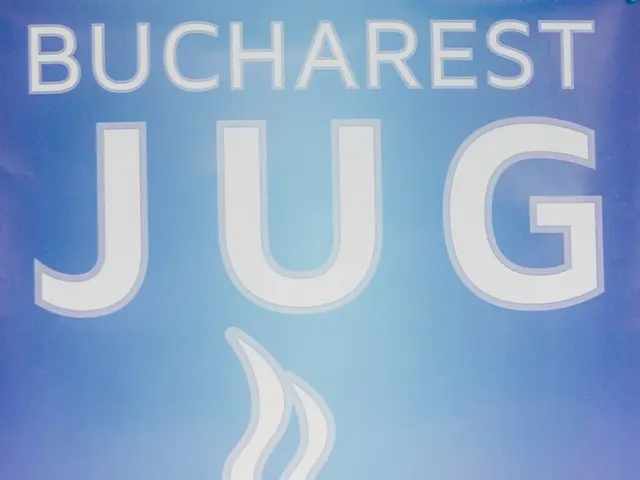Sports teams' valuations, according to Arctos, are not inflated, contrary to popular belief.
In the world of Big 5 North American sports leagues, the value of teams has seen a significant increase since 2019, amounting to a staggering $270 billion. However, the available institutional capital for such investments was less than $11 billion as of the first quarter of 2025. This intriguing disparity is one of the topics explored in a white paper authored by Zach Baran, managing director at Arctos Partners, and Arctos executive Sushaan Modi.
Entitled How Sports Franchise Valuations Actually Work, the white paper delves into the complexities of sports franchise valuations, aiming to dispel common myths and misunderstandings surrounding the price of teams. Arctos Partners, launched in 2019 as a private equity fund, has been actively involved in buying limited partnership stakes in sports teams.
The paper discusses how valuations are driven by identifiable metrics, with much more than scarcity value sending prices higher. Arctos states that sports teams have compounded 13% annually from 1961, with half of the returns coming from top-line growth and the other half from multiple expansions boosted by better profits.
One of the key factors contributing to this growth is the improvement in EBITDA margins for sports teams. Structurally negative margins in the early and mid-1990s have shifted to solidly positive (+10%) in recent times. Fundamentals like cash flow and brand value are seen as the pillars of a sports team valuation by Arctos.
The white paper also debunks the myth that sports valuations always increase. Arctos points out six periods where franchise valuations decreased since 1961, with only two occurring in the last 45 years. The longest down period was 60 months that ended in June 1979, with the RASFI, an index created by Arctos and Michigan Ross to track team values, off 22.9% at its worst.
Interestingly, sports teams have slightly lagged the stock market from 2019 through the first quarter of 2025, with the S&P 500 compounding 14.4% annually and the RASFI up 13.8% during the same period. However, Arctos highlights that the volatility and leverage of sports teams were "meaningfully lower" compared to the stock market.
Arctos Partners has a project focusing on this white paper about sports franchise valuations. The firm, which owns stakes in over 20 sports franchises, downplays its role and that of private equity in franchise gains. Despite this, the firm refers to the improvement in sports team valuations as the "negative cost of carry reversal."
Recently, Sportico has worked on franchise valuations for the NFL, indicating a growing interest in understanding the intricacies of sports team valuations. Despite the increased scrutiny, there are no detailed or specific publicly available data in recent years on which institutions have acquired the most stakes in sports franchises or the total amount of capital allocated for such investments.
The league business and local business provide the framework on how fundamentals drive value in sports teams. The peak-to-trough decline was 9.8% in the mid-1990s, and it took 15 months for values to recover, almost entirely driven by MLB teams after a strike canceled the 1994 World Series. The first half of 2022 had a 5.6% decline in team values, lasting six months.
Arctos suggests that institutional ownership rules changes have been partly prompted by the growth in fundamentals that created the demand in the first place. The firm believes that as the understanding of sports team valuations improves, we can expect to see more institutional investment in this exciting and dynamic sector.
Read also:
- A Business Model Explained: Its Purpose and Benefits for Your Venture
- Trump administration faces lawsuit by Denmark's Ørsted over halted wind farm project
- U.S. takes a pledge of $75 million to foster Ukrainian resources development
- Deep-rooted reinforcement of Walkerhughes' acquisitions through strategic appointment of Alison Heitzman





